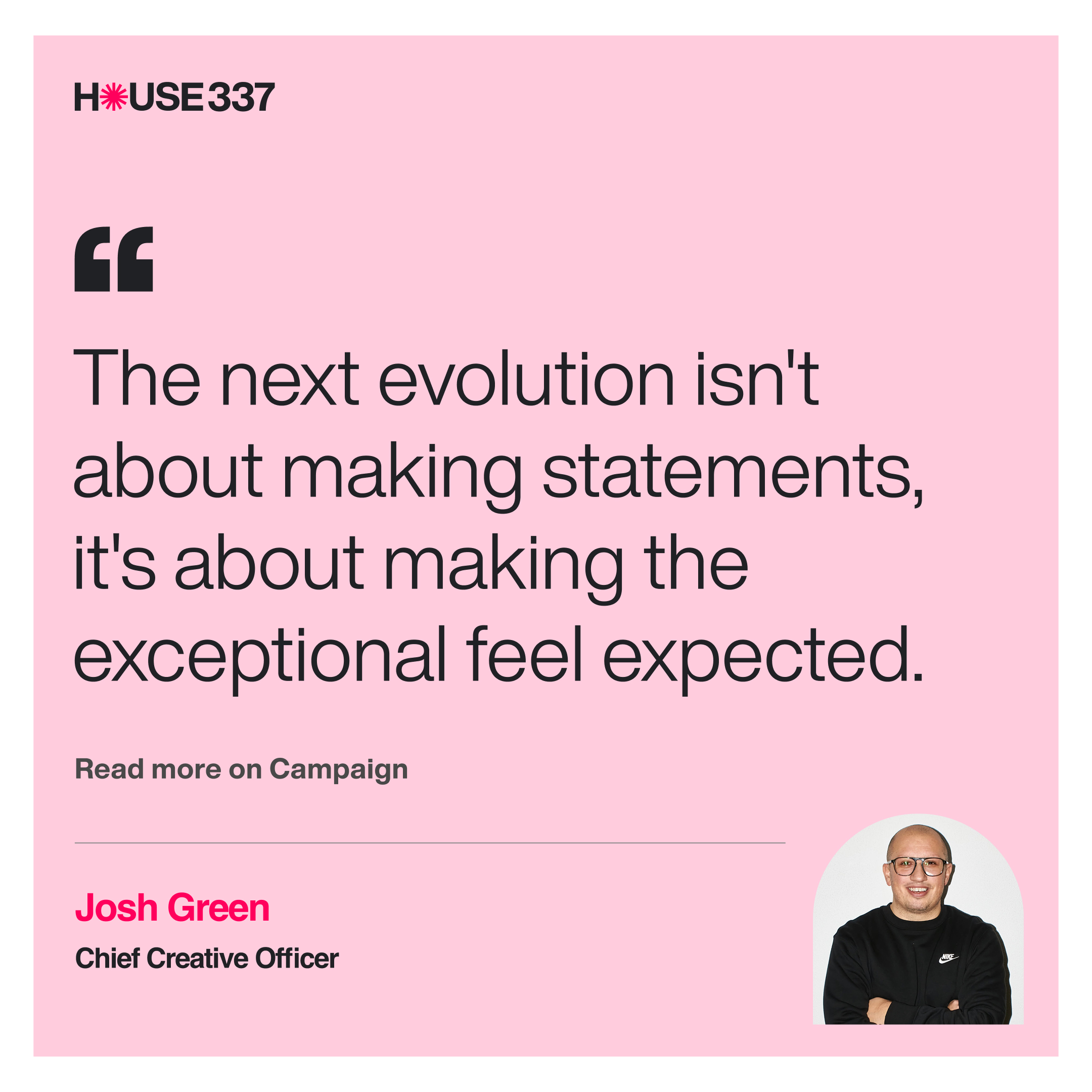Women's sport is in danger of becoming a seasonal sideshow




Lorem ipsum dolor sit amet, consectetur adipiscing elit, sed do eiusmod tempor incididunt ut labore et dolore magna aliqua. Ut enim ad minim veniam, quis nostrud exercitation ullamco laboris nisi ut aliquip ex ea commodo consequat. Duis aute irure dolor in reprehenderit in voluptate velit esse cillum dolore eu fugiat nulla pariatur.
Block quote adsfkljlsk;fjl;skjflksajflskjflkfjskfjslakfja;lskfjasfkja;lskfjsl;afkj
salfjkslfkjslfkjslfkjsl;fkjsfl;ksjfljskflfkj
ljlkjslkajas;ldkfjalsdkfja;lsdfjk
Jean de la Fontaine
Ordered list
Unordered list
Bold text
Emphasis
Superscript
Subscript
Major tournaments create spectacular peaks that mask a fundamental problem. When the final whistle blows, everything beneath the top tier returns to struggling for commercial viability. The sponsors vanish. The media moves on. The grassroots game is left to fend for itself, again.
Women's sport is in danger of becoming a seasonal sideshow where brands emerge like groundhogs, grab their diversity credits, then disappear until the next big event. Real growth requires year-round commitment, not just summer love.
Brands love showing up when it's fashionable – when the stands are full, cameras rolling and press releases write themselves. But that's not how you build cultural value.
Real commitment means turning up when nobody’s watching. It means backing sport outside the biggest moments. It means putting the same creative ambition behind a club fixture in November as you would a World Cup final in July.
Right now, the relationship between brands and women's sport feels transactional. A box-ticking exercise rather than genuine partnership. And it shows in the work.
Too much creative work is just a fresh coat of paint on all-too-familiar thinking. The overplayed "equality" narrative has become a creative crutch that reduces women's sport to perpetual comparison with men's. Every campaign becomes about proving worth, fighting for recognition, or breaking barriers.
This framing is not just tired – it's limiting. It shrinks the creative canvas to a single lens: the struggle. And in doing so, it ignores everything that makes women's sport compelling in its own right—the personalities, the drama, the subcultures, the swagger.
The women's game is bigger, bolder and more complex than that. So why isn't the marketing?There's a dangerous tendency to treat women's sport like a worthy cause rather than a sophisticated entertainment product. That mindset creates work that's earnest, apologetic and risk-averse. It asks female athletes to carry the weight of societal progress on their shoulders – to not just win, but inspire; to not just play, but justify their place.
Would we ask the same of male athletes? Never.
This isn't charity. This is business. Women's sport revenues have grown 240% in four years, from $692m (£513m) in 2022 to a projected $2.35bn in 2025, making it one of the fastest-growing entertainment platforms on the planet, packed with everything brands claim they want: authentic stories, passionate fans, cultural momentum and genuine friction.
The next evolution isn't about making statements – it's about making the exceptional feel expected. Most fans aren't watching to be inspired by equality messages. They're watching because it's tense, fun, fierce and emotional. Because it's sport, with all the drama and unpredictability that entails.
The most basic shift we need to make? Stop selling the struggle. Start selling the show.
What does that look like? Campaigns that celebrate skill over symbolism. Creative that showcases personality over politics. Work that treats female athletes like entertainers, not activists. Marketing that assumes women's sport belongs at the top table rather than constantly arguing for a seat.
To unlock genuine growth, we need to move beyond defensive campaigns to ideas that celebrate women's sport as a distinct, sophisticated entertainment product deserving of creative respect.
Because what happens this summer doesn't matter. It's what happens after. We don't need another season of borrowed attention. We need brands committed to the long haul, telling stories that go beyond the tired playbook.
If we can't do better than this, we don't deserve to be part of it.
Josh Green is chief creative officer at House 337
First published in Campaign